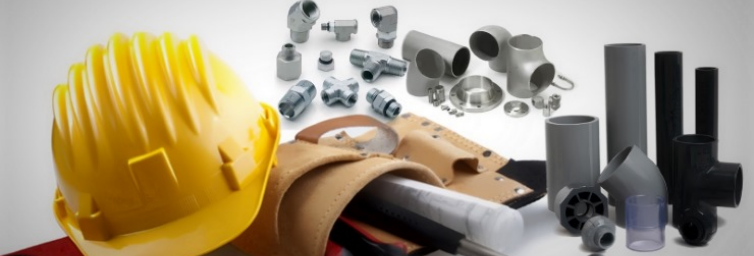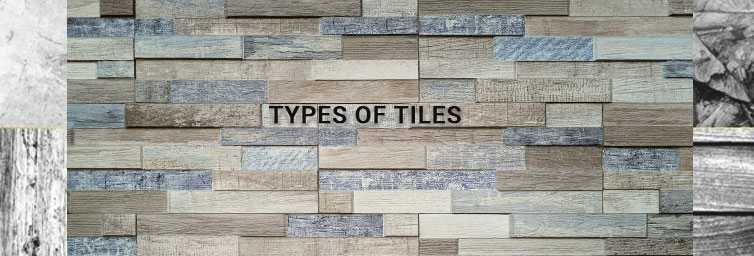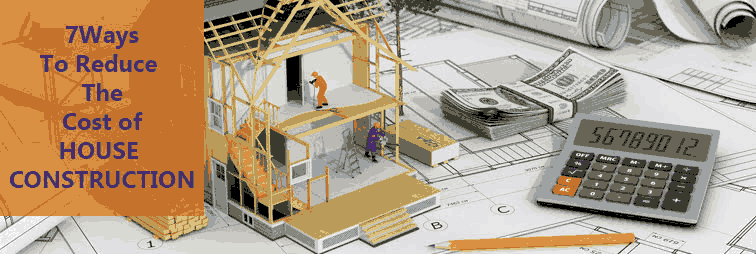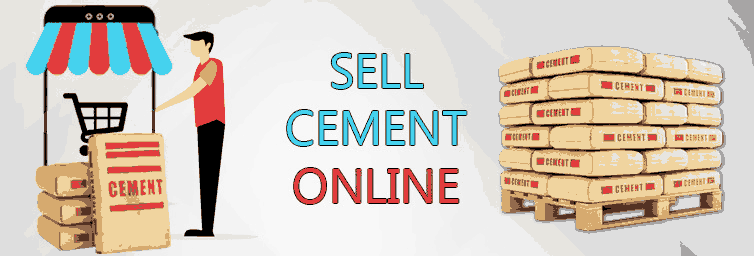You have no items in your shopping cart.
Post Requirement
When it comes to constructing a sturdy and durable building, the quality of the materials used plays a key role. Whether you're a homeowner planning a renovation or a contractor working on a large-scale project, ensuring the quality of building materials is essential. This post is intended to assist you in improving the quality of your building project in order to prevent expensive QA failures and mistakes. We also go through the key factors to consider when assessing building supplies and show how BuildersMART, a well-known brand in the industry, guarantees great quality at reasonable rates.
Things to consider while choosing building materials:
1. Evaluate Design requirements.
2. Identify the material selection criteria
3. Observe the specifications required
4. Access the availability and select
Factors to be considered for building materials selection:
1. Research 
Spend time researching what supplies you'll need before making any purchases. Understand each component's specifications, standards, and ratings, such as concrete, steel, wood, insulation, and roofing materials. Knowing what standards and certifications to look for guarantees that the products fulfil safety and quality requirements.
2. Cost  While there are several building materials you can choose from, prices can vary significantly depending on quality. Often, the most affordable option is not necessarily the best one. Before purchasing a material, think about its functionality and durability. The trouble with purchasing low-quality materials is that they may end up costing you more in replacements and repairs in the long term. It's always a good idea to invest in high-quality materials that will last a long time and save you money in the long run.
While there are several building materials you can choose from, prices can vary significantly depending on quality. Often, the most affordable option is not necessarily the best one. Before purchasing a material, think about its functionality and durability. The trouble with purchasing low-quality materials is that they may end up costing you more in replacements and repairs in the long term. It's always a good idea to invest in high-quality materials that will last a long time and save you money in the long run.
3. Material Strength  The strength of construction materials is important. It evaluates the suitability of construction materials for different uses, particularly those that would be required as structural components. Tensile strength may be mentioned in material specification articles when defining the qualities of materials such as metals and alloys.
The strength of construction materials is important. It evaluates the suitability of construction materials for different uses, particularly those that would be required as structural components. Tensile strength may be mentioned in material specification articles when defining the qualities of materials such as metals and alloys.
4. Durability of building materials  When exposed to the same environmental circumstances, certain materials could survive longer than others. As a result, it is advisable to invest in construction materials that can adapt to changing climatic circumstances. ● Longevity reduces replacements and costs. ● Low maintenance and energy efficiency are benefits. ● Safety and environmental impact are improved. ● Enhances property value and resilience.
When exposed to the same environmental circumstances, certain materials could survive longer than others. As a result, it is advisable to invest in construction materials that can adapt to changing climatic circumstances. ● Longevity reduces replacements and costs. ● Low maintenance and energy efficiency are benefits. ● Safety and environmental impact are improved. ● Enhances property value and resilience.
 When finding building supplies, it is critical to do your part to safeguard the environment. As a result, it is advisable to invest in environmentally friendly building materials. Materials that can be reused help to keep the environment healthy by reducing the need to manufacture new materials in the future.
When finding building supplies, it is critical to do your part to safeguard the environment. As a result, it is advisable to invest in environmentally friendly building materials. Materials that can be reused help to keep the environment healthy by reducing the need to manufacture new materials in the future.
6. Choosing the Right Materials
 The proper building material selection has numerous benefits such as satisfying project standards and requirements, low maintenance costs, minimising construction costs, smooth project execution, and more. When starting your next project, it is important to utilise the correct building materials in terms of both quality and quantity.
The proper building material selection has numerous benefits such as satisfying project standards and requirements, low maintenance costs, minimising construction costs, smooth project execution, and more. When starting your next project, it is important to utilise the correct building materials in terms of both quality and quantity.
7. Specifications  Specifications are also a significant factor in material selection. Material standards and quality for a certain project are developed based on the desired strength, appearance, durability, and other factors. For example, if a structure is built in a tidal zone, requirements may call for a cement type that resists chloride and carbonation attacks. In this instance, chemicals and more concrete-like substances may be required.
Specifications are also a significant factor in material selection. Material standards and quality for a certain project are developed based on the desired strength, appearance, durability, and other factors. For example, if a structure is built in a tidal zone, requirements may call for a cement type that resists chloride and carbonation attacks. In this instance, chemicals and more concrete-like substances may be required.
8. Maintenance  While upkeep maintains your facility looking its best, it takes a lot of time and may be costly, especially if done regularly. It is usually preferable to choose high-quality, long-lasting materials that require less maintenance and replacement on a regular basis over cheaper options. Using excellent, long-lasting materials for your construction will prevent the need for regular maintenance over a long time, saving you a lot of money and effort during the life of the structure. Conclusion: In summary, ensuring the quality of your building materials requires thorough research, careful selection, and a commitment to sustainable practices. By following these guidelines, you can build a home or structure that's not only beautiful but also safe and enduring.
While upkeep maintains your facility looking its best, it takes a lot of time and may be costly, especially if done regularly. It is usually preferable to choose high-quality, long-lasting materials that require less maintenance and replacement on a regular basis over cheaper options. Using excellent, long-lasting materials for your construction will prevent the need for regular maintenance over a long time, saving you a lot of money and effort during the life of the structure. Conclusion: In summary, ensuring the quality of your building materials requires thorough research, careful selection, and a commitment to sustainable practices. By following these guidelines, you can build a home or structure that's not only beautiful but also safe and enduring.
Also Read: Tips for Homebuyers to Check Construction Quality
Rashesh Pagadala













